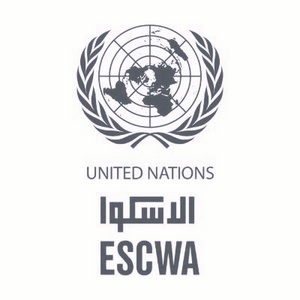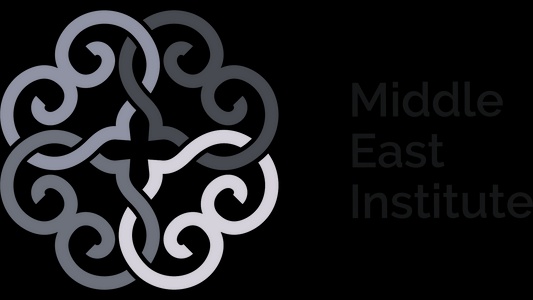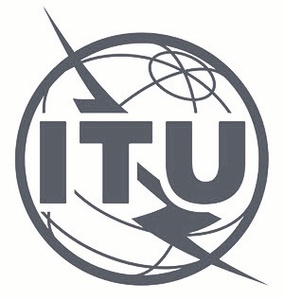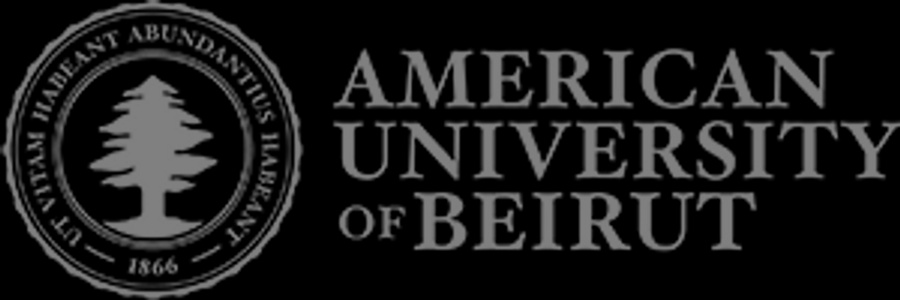INTRODUCTION
INTRODUCTION
Artificial Intelligence is rapidly transforming essential systems and services across the Arab region — enhancing healthcare, education, energy, governance, and economic development aligned with the UN Sustainable Development Goals (SDGs). As countries integrate AI into national plans and digital strategies, there is a growing need to ensure these technologies reflect local languages, cultures, and priorities. This project examines how AI can be adapted to regional contexts in ways that advance inclusive, sustainable progress while supporting the broader goals of innovation and resilience.
Alongside these opportunities, the project also investigates the broader societal shifts AI may bring — particularly in relation to employment, skills, and equity. It explores how automation and new technologies could reshape labor markets, influence workforce demands, and impact economic stability. It also focuses on ethical, regulatory, and governance challenges, with a focus on ensuring that AI is implemented in ways that are transparent, accountable, and beneficial to all segments of society.
- Publications

The Artificial Intelligence Futures for the Arab Region report, released in June 2025, explores how AI is emerging as one of the most powerful megatrends shaping the region’s future. Amid accelerating global adoption, the report highlights the distinct opportunities and challenges facing Arab countries as they integrate AI into national strategies and economic transformation plans.
This report outlines how Arab countries can proactively shape the future of AI in line with regional priorities, values, and development goals. It presents three strategic pathways for AI development in the Arab region, underpinned by capacity-building and actionable recommendations.
Key Pathways
- The first pathway focuses on adapting AI technologies to serve local priorities. Rather than developing all infrastructure and models domestically, countries can form strategic partnerships to customize global innovations. This includes aligning AI applications with national visions, using open-source tools, and collaborating with both international partners and diaspora talent.
- The second pathway emphasizes advancing Arabic-language and culturally grounded AI systems. Developing large language models and generative tools in Arabic, including dialectal variants, can enhance digital inclusion and reflect the region’s identity. These tools have applications in government services, education, business, and the preservation of cultural heritage.
- The third pathway proposes the use of AI to accelerate progress on the SDGs. By prioritizing specific AI applications and directing investment towards high-impact areas, countries can help close existing development gaps. Collaborations with international organizations and private sector actors are also part of this effort.
Recommendations
- Establish a regional fund and collaborative project on Arab cultural heritage - past and future, enabled with AI.
- Launch a regional AI researcher network on sustainable agriculture
- Develop programs to build skills on open-source AI
- Focus on developing synergies in an AI-enabled tech sector across the Arab region
News
News
Research team
Research team
In partnership with
In partnership with
In collaboration with
In collaboration with
Events
Events





